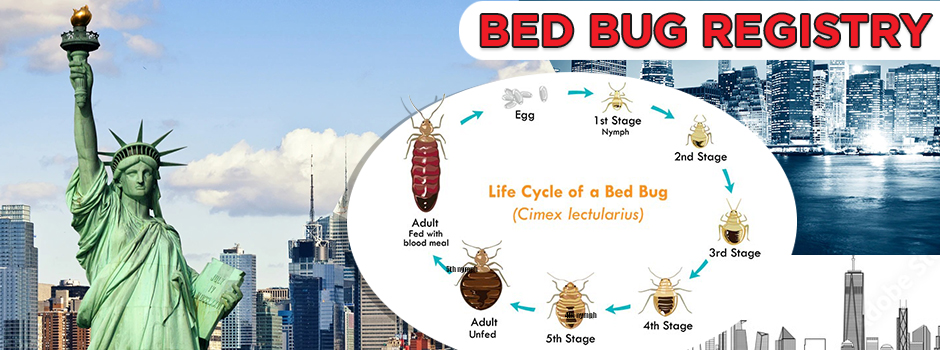Latest Bed Bug Incidents and Bed Bug Infestations
2 mcintosh st, halifax, Nova Scotia, b3r1g8, Canada 119 Albro Lake Rd, Halifax, Nova Scotia 7 Jackson Rd, Halifax, Nova Scotia 2155 Monastery Ln, Halifax, Nova Scotia 1548 Carlton St, Halifax, Nova Scotia 550 Herring Cove Rd, Halifax, Nova Scotia 237 Roleika Dr, Halifax, Nova Scotia 179 Lacewood Dr, Halifax, Nova Scotia 96 Highfield Park Dr, Halifax, Nova Scotia Queen St, Halifax, Nova Scotia
We cannot vouch for the truthfulness of any report on this site. If you feel a location has been reported in error, or want to dispute a report, please contact us.
Nova Scotia (pronounced /nov sko/; French: Nouvelle-cosse) is one of Canada's three Maritime provinces and is the most populous province in Atlantic Canada. The provincial capital is Halifax. Nova Scotia is the second-smallest province in Canada with an area of 55,284square kilometres (21,300 sqmi). As of 2009, the population is 940,397, which makes Nova Scotia the second-most-densely populated province.
The province includes regions of the Mi'kmaq nation of Mi'kma'ki(mi'gama'gi). Nova Scotia was already home to the Mi'kmaq people when the first European colonists arrived. In 1604, French colonists established the first permanent European settlement in Canada and the first north of Florida at Port Royal, founding what would become known as Acadia.
The British Conquest of Acadia happened in 1710. At this time the Capital Port Royal was renamed Annapolis Royal, Nova Scotia. The capital of Nova Scotia moved from Annapolis Royal to the newly established Halifax in 1749.
In 1763 Cape Breton Island and St. John's Island (now Prince Edward Island) became part of Nova Scotia. In 1769, St. John's Island became a separate colony. Nova Scotia included present-day New Brunswick until that province was established in 1784.
In 1867 Nova Scotia was one of the four founding provinces of the Canadian Confederation. Along with a large population who descended from Scotland, there are also Mi'kmaq, English, Irish, Acadian, African-Nova Scotians, German, Italian and many other peoples in Nova Scotia.
The oldest evidence of humans in Nova Scotia indicates the Paleo-Indians were the first, approximately 11,000years ago. Natives are believed to have been present in the area between 1,000 and 5,000years ago. Mi'kmaq, the First Nations of the province and region, are their direct descendants.
The first European to arrive here was the Venetian explorer John Cabot, sailing under the English flag, visited present-day Cape Breton in 1497.
See the original post:
Halifax, Nova Scotia, Bed Bug Reports | National Bed Bug ...

 Residence
Residence  Location
Location 










